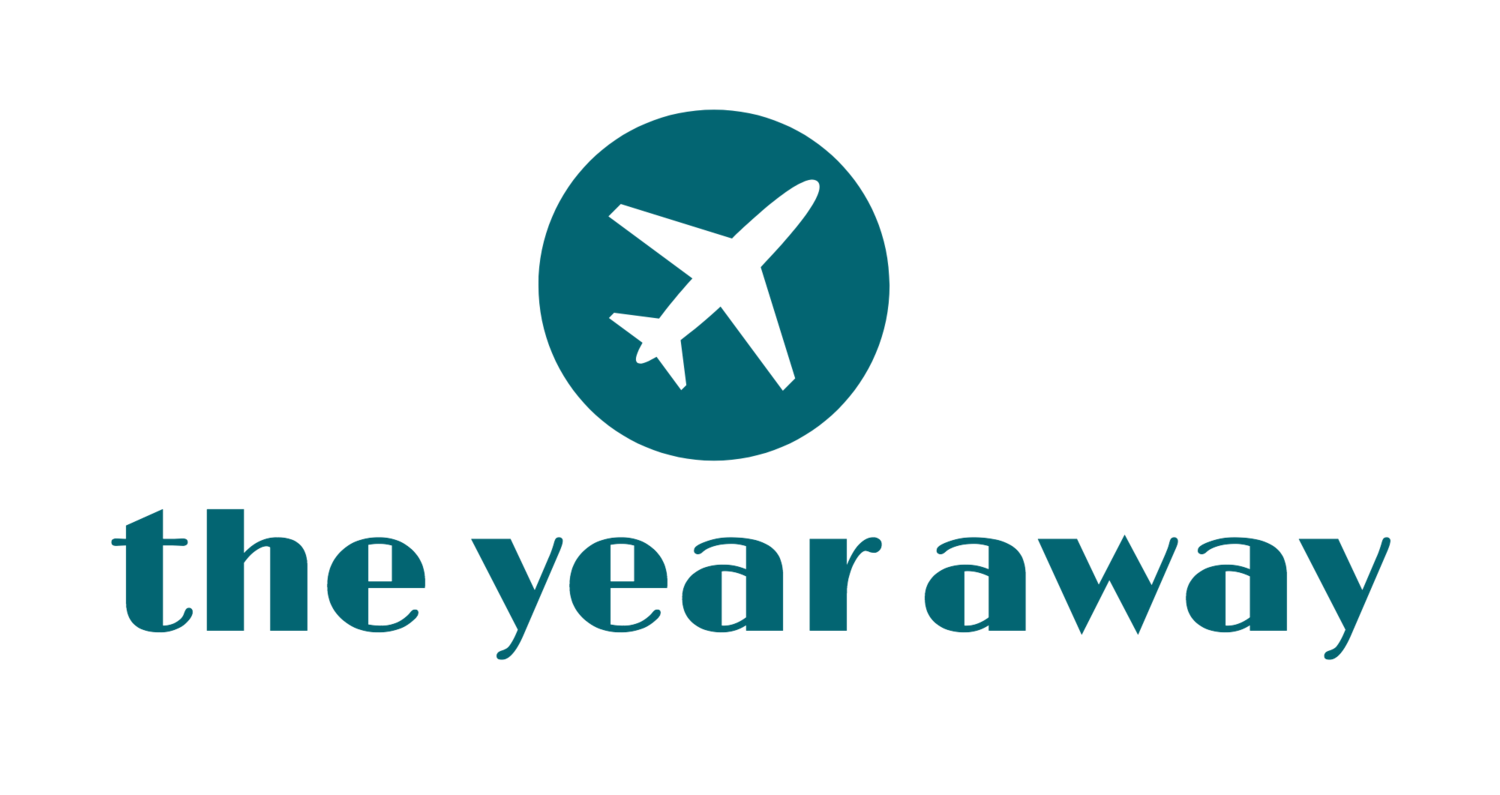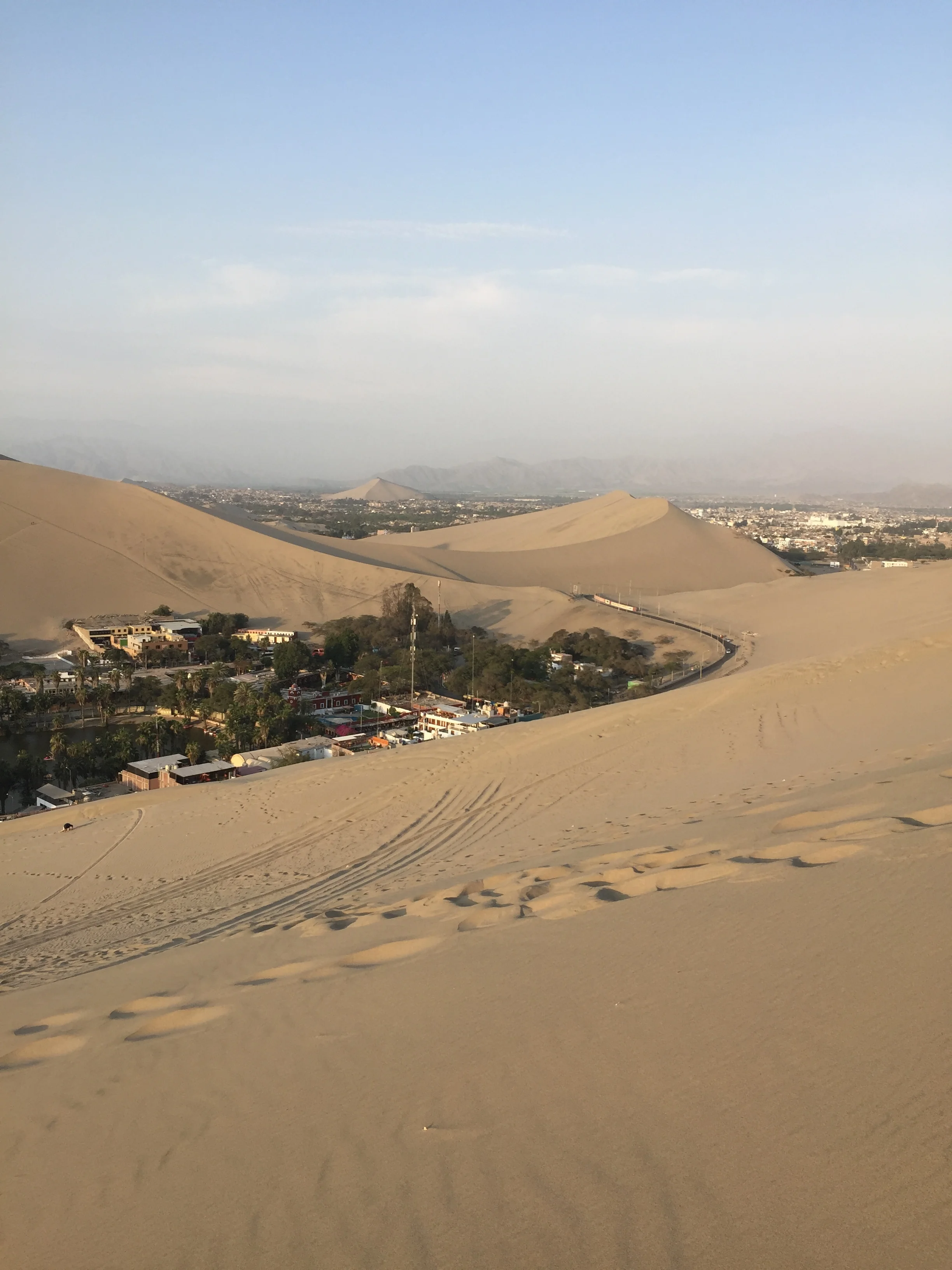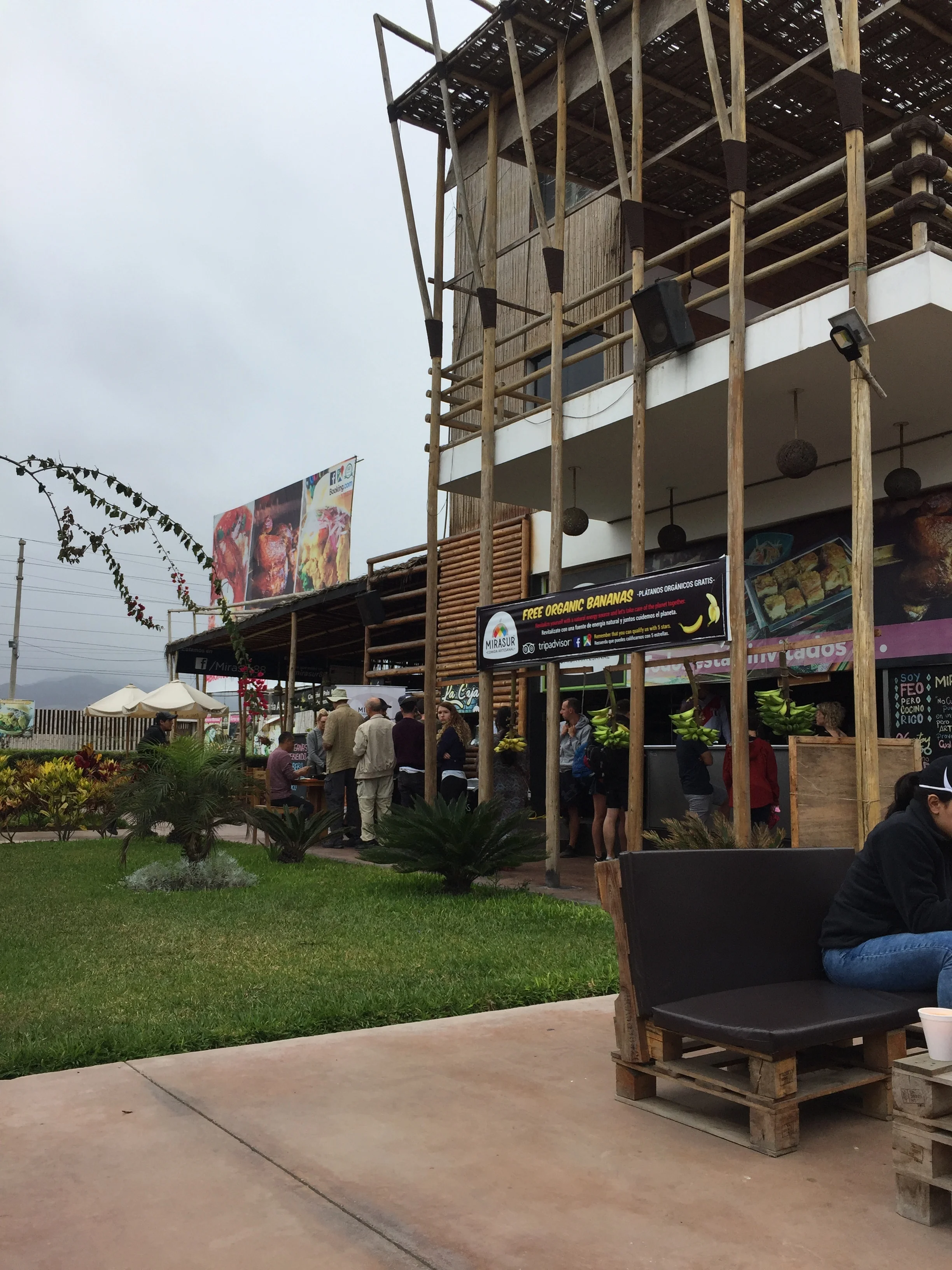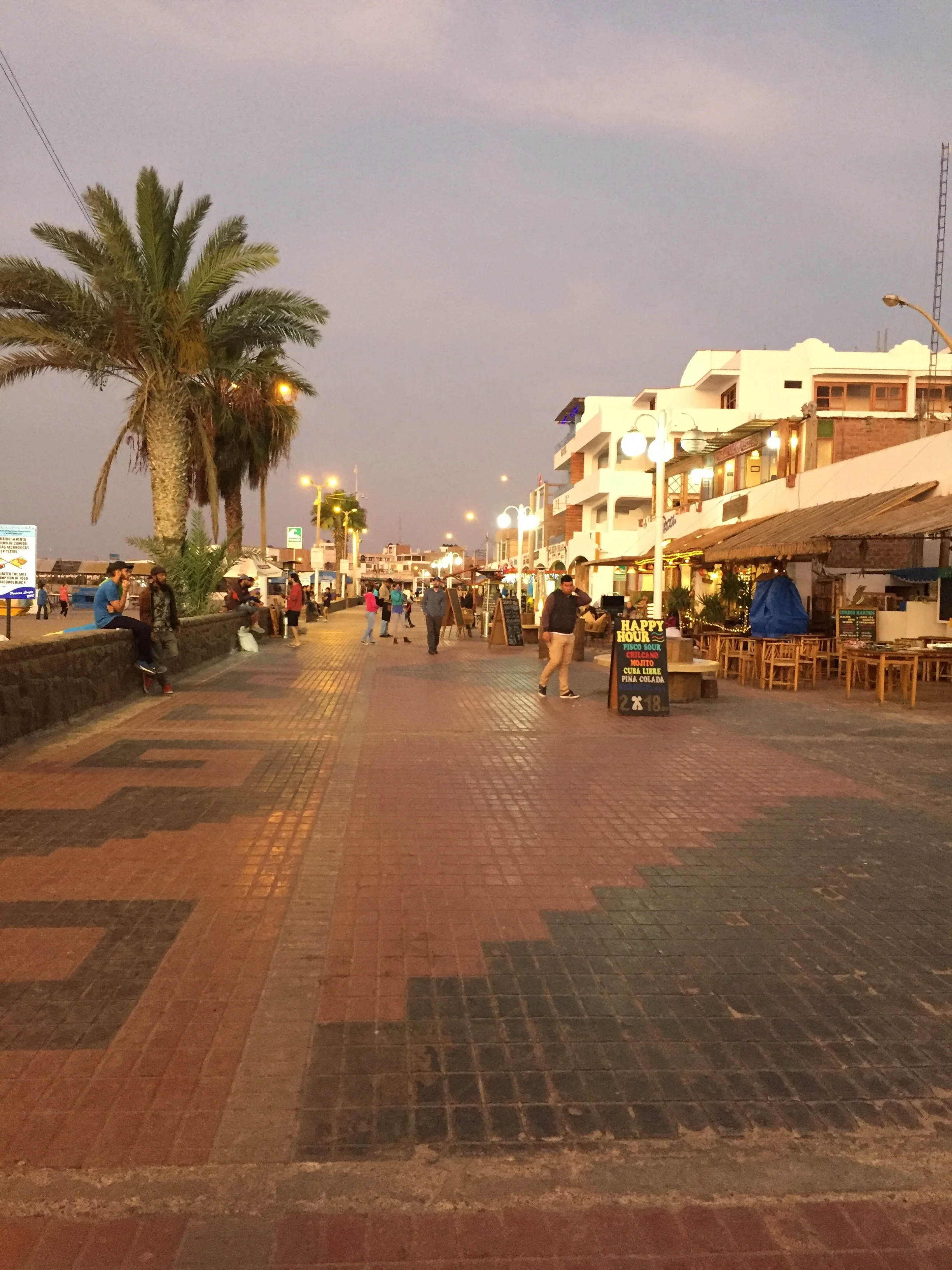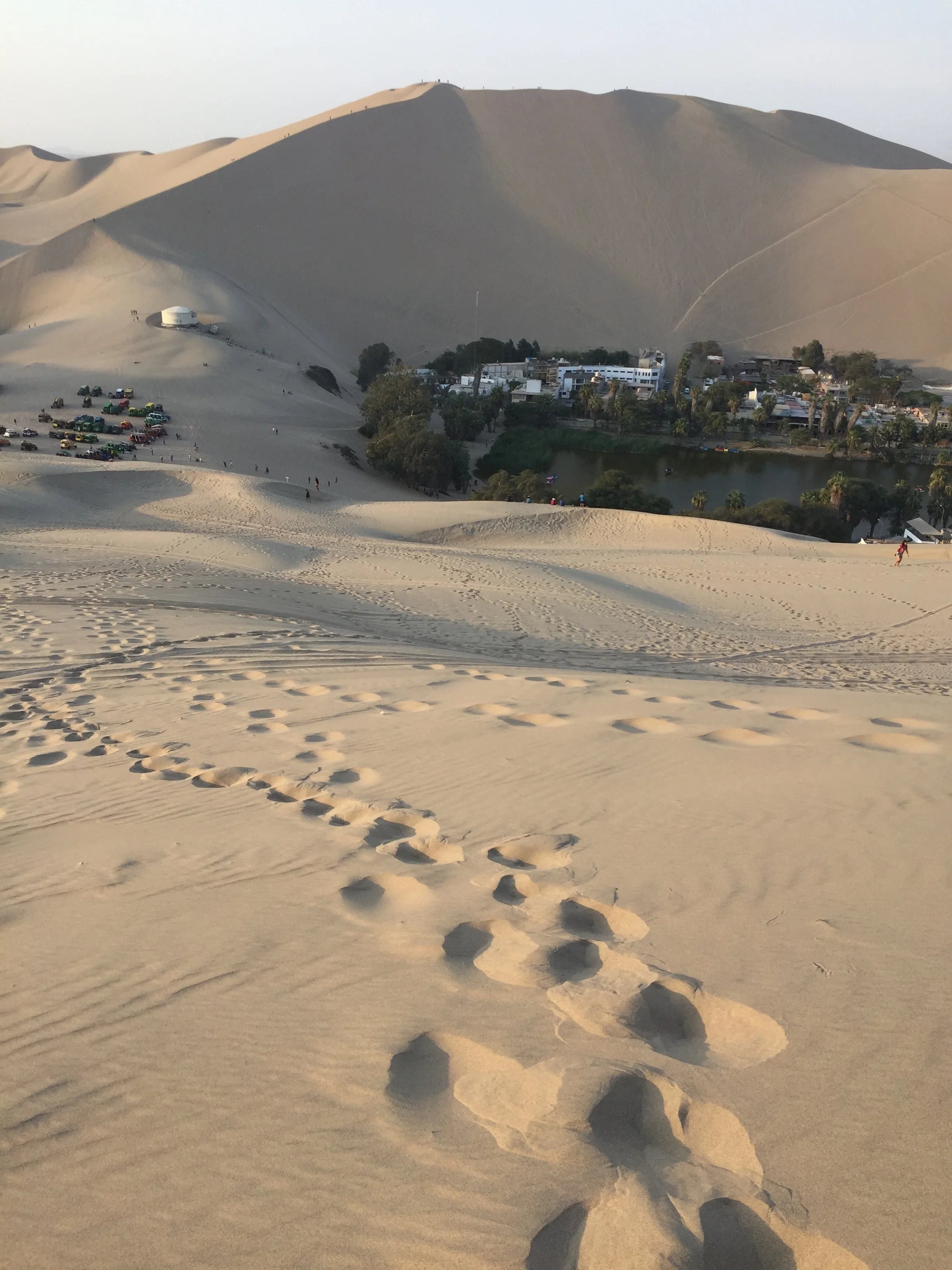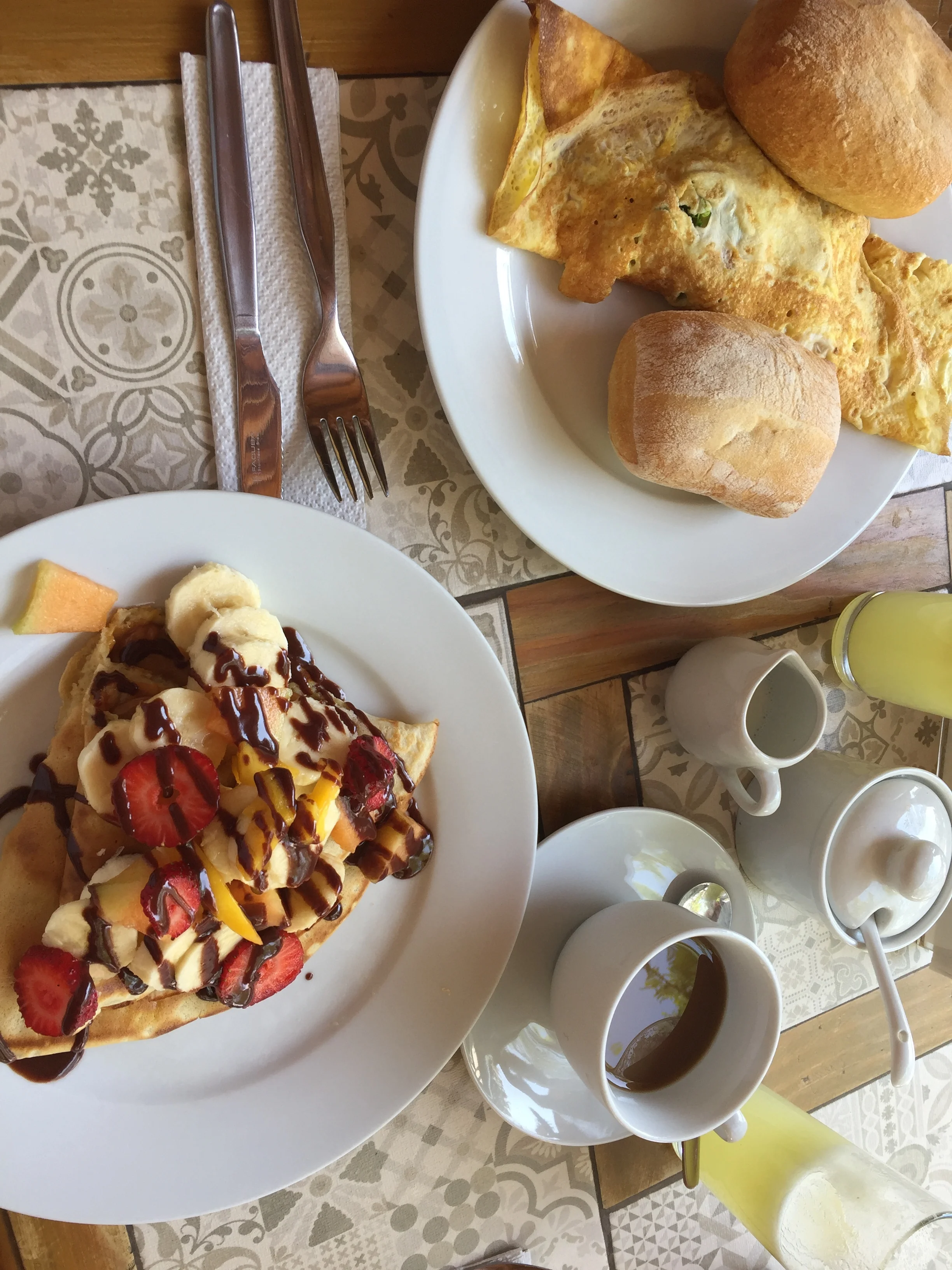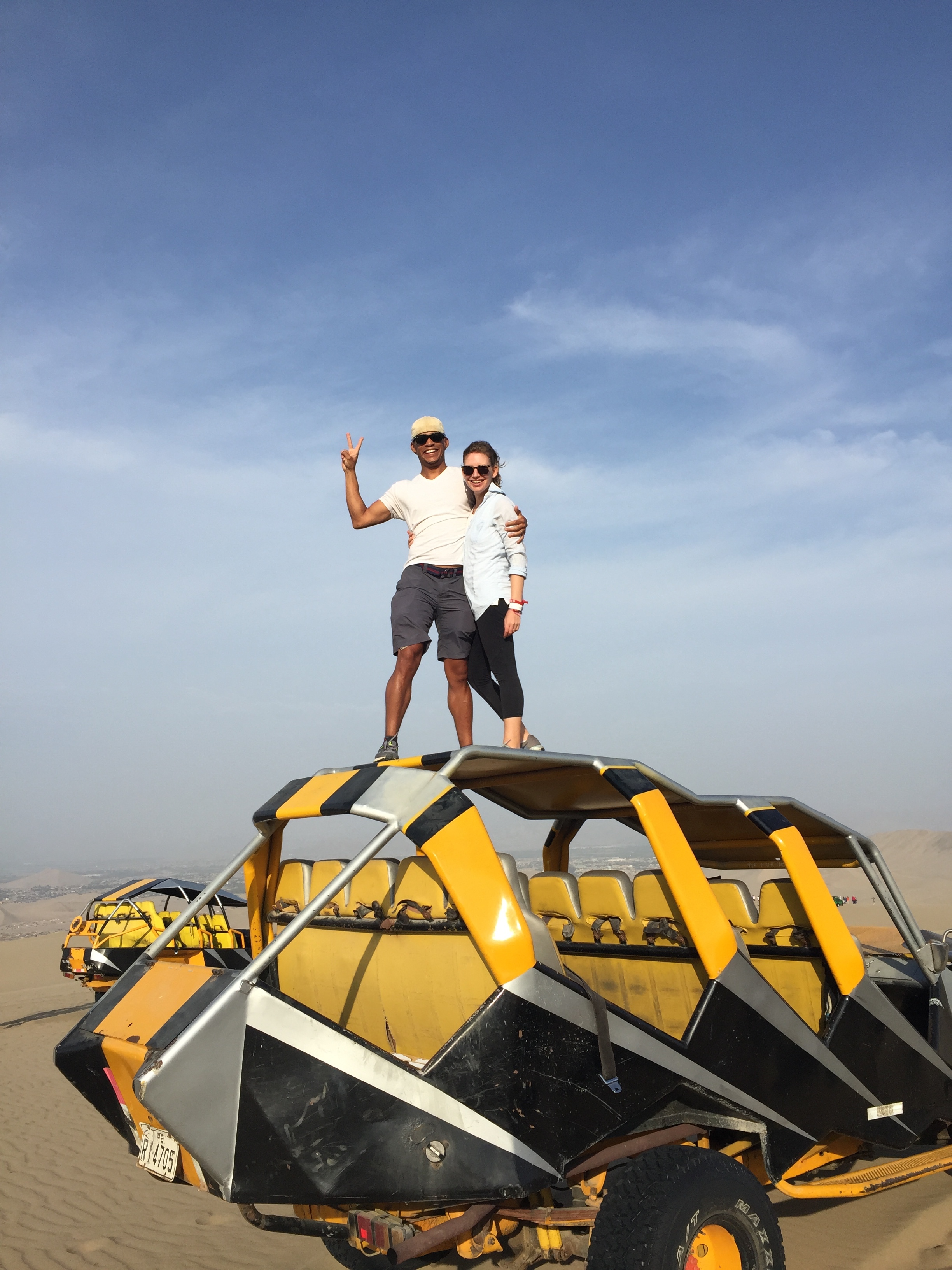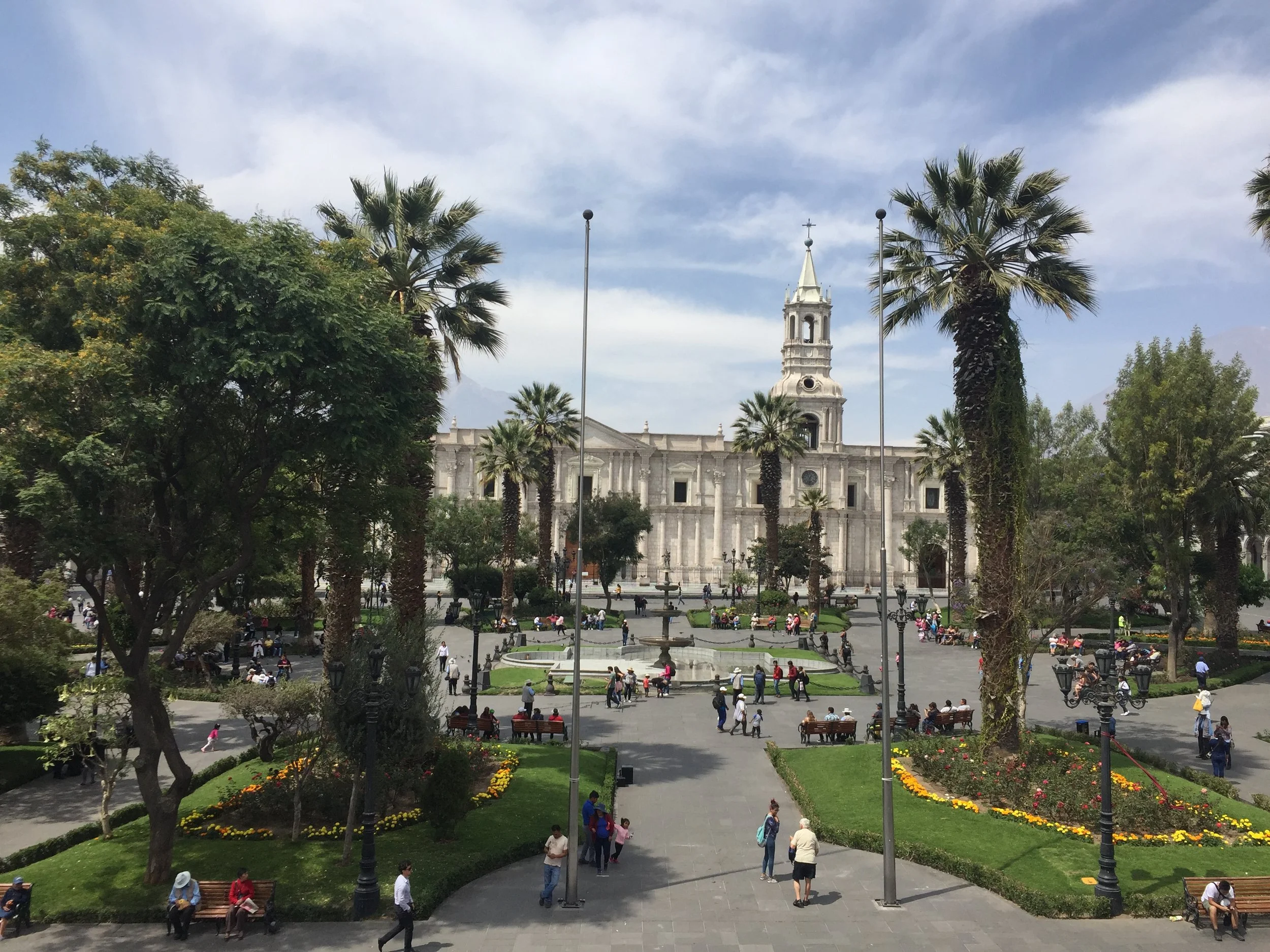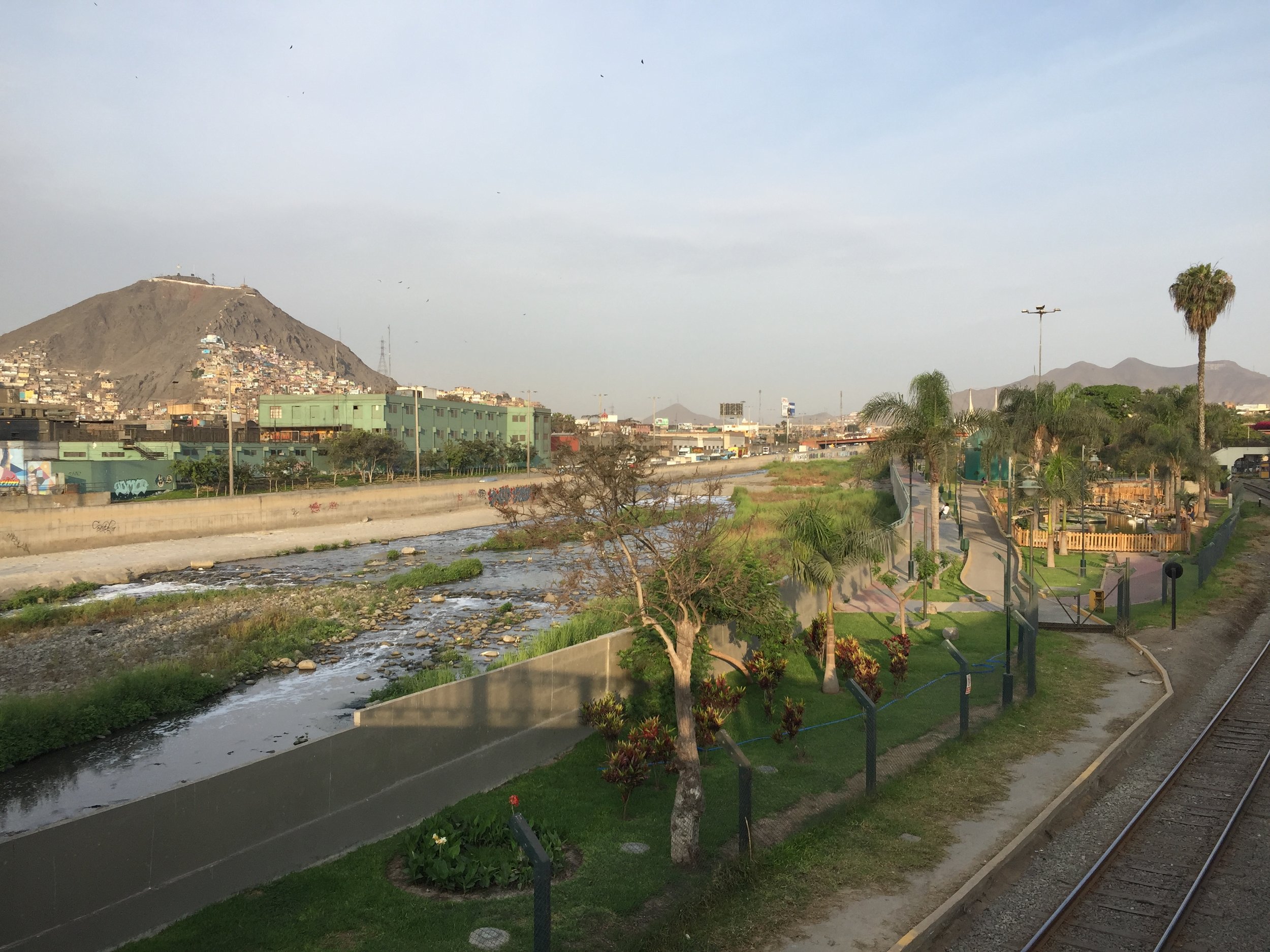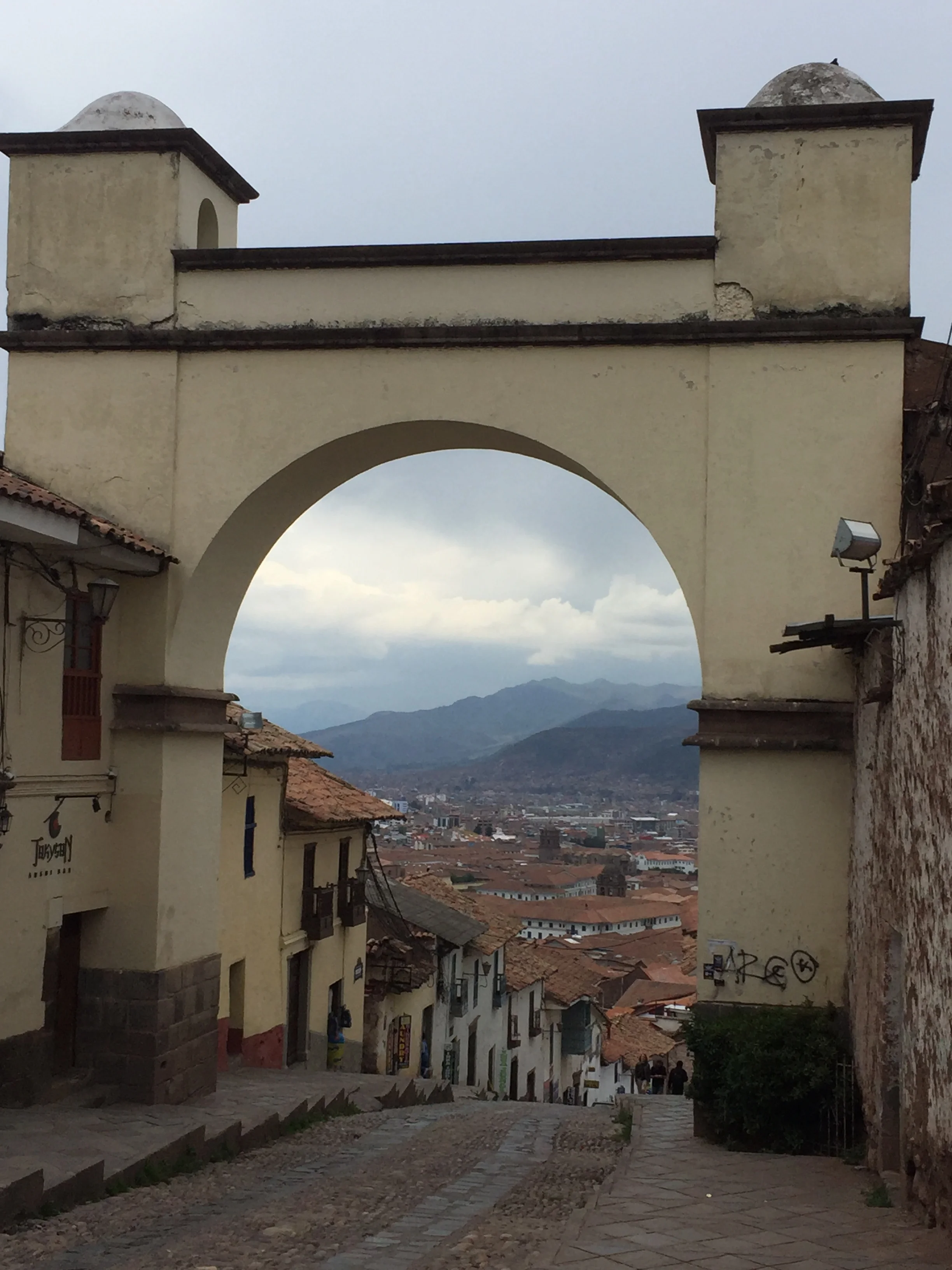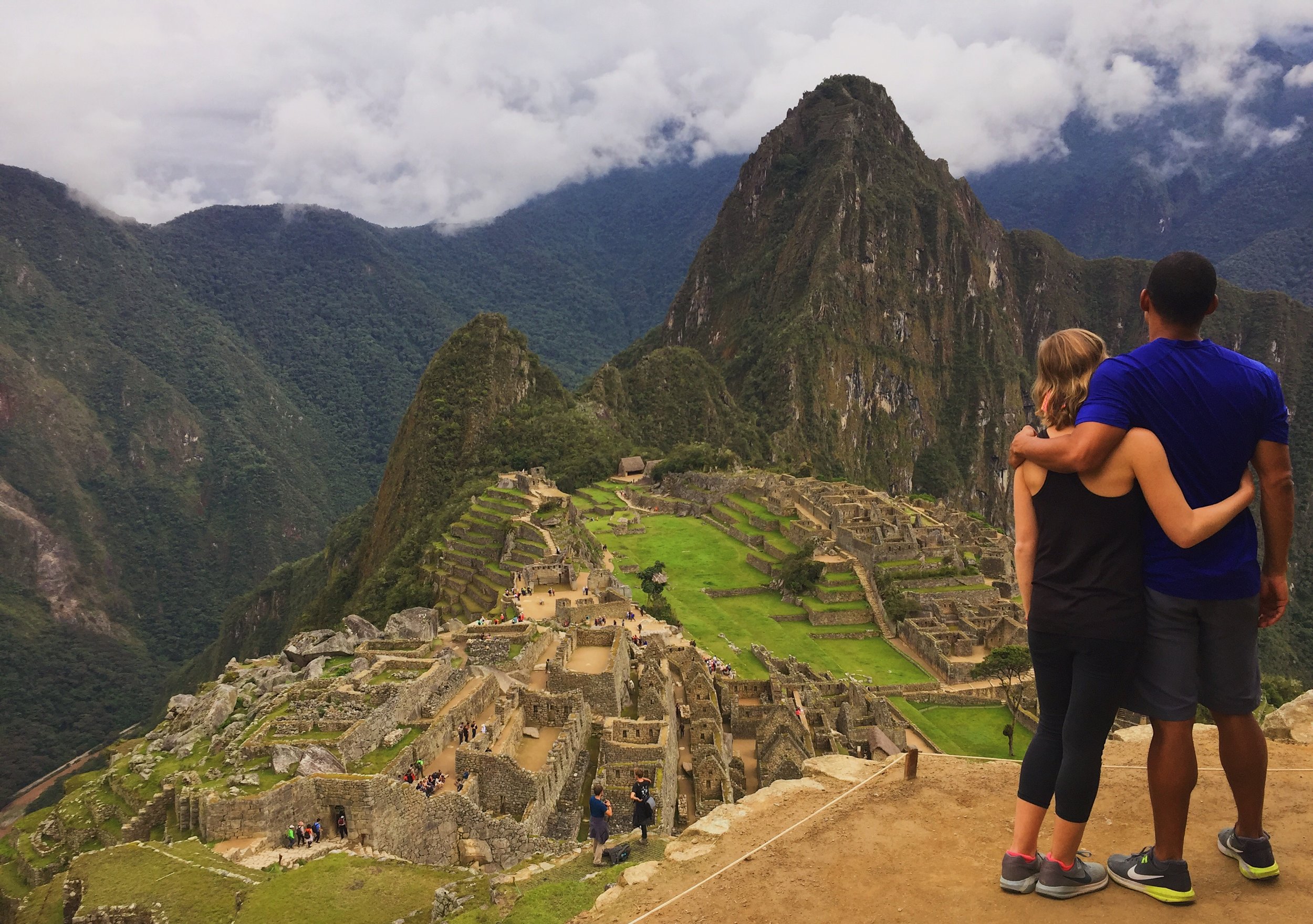Peru Hop I: Paracas and Huacachina
To travel throughout Southern Peru, Will and I did Peru Hop. For us, at this point in our adventure, it was an ideal way to travel.
My friend Johanna had done Peru Hop a few years ago, and highly recommended it. It’s flexible by nature, so there’s no need for a fixed itinerary. We allotted for six stops along the way: Paracas, Huacachina, Nazca, Arequipa, Puno, and Cuzco.
We would stay only a couple nights in the smaller towns such as Paracas and Huacachina, while staying closer to a week in larger cities such as Arequipa and Cuzco.
We were able to adjust our pickup dates and times on an online portal. For $200 per person, it provided not only transport but coordinated all of the logistics, providing recommendations along the way.
Another added benefit were the stops and activities along the way, that we may have missed otherwise.
After, about three hours from Lima we stopped at Hacienda San Jose, a colonial estate in Chincha. The town has rich Afro-Peruvian history, and is known for preserving the culture of criollo music.
Hacienda San Jose was built at the end of the 17th century. At the time, it was one of the most affluent estates across the Peruvian coast due to the immense sugarcane production.
The now luxury resort has preserved the colonial architecture, the secret passageways and much of the original artwork.
However, the estate also tells a dark history of a complex network of underground slave tunnels.
Beneath the hacienda, there is a preserved hidden staircase, leading to the tunnel system covering nearly 20 miles. During the 17th century, slavery was legal in Peru.
To avoid paying import taxes, the underground tunnels were created to link the house to the port. When we went down, it was nearly pitch black, but here’s a super blurry pic of Will.
Slavery was abolished in Peru in 1854, when the tunnels were turned into catacombs, a place to store bones of fallen workers.
After that sobering stop, we were off to the Paracas, roughly another hour away.
Paracas is a small seaside town in the Pisco province of Southern Peru.
It has a very relaxed vibe. In the town itself, there’s not a ton to do other than relax by the Pacific coast.
Most notably, it’s home to the Paracas National Reserve, one of the largest protected deserts in the Americas.
The national park is deemed a much smaller version of the Galapagos.
Established in 1975, it’s the oldest marine reserve in Peru.
It protects not only biological areas, but also prehistoric sites of ancient civilizations.
The sanctuary is a total of 2,000 square miles and consists of the Paracas Peninsula, coastal areas, and a tropical desert.
The composition is roughly 65 percent sea and only 35 percent dry land. However, the desert seemed pretty vast to us.
As our introduction to any natural ecosystem in Peru, the landscape was pretty spectacular.
Paracas also signified our first overnight stop on the Peru Hop bus. Because of this, it held a certain meaning for us.
The town is certainly small, and two nights is ample, but there’s still a short walkway along the water with eateries.
We stayed at Hostel Kokopelli Paracas, which really set the tone for the remainder of our time in Peru.
And it wasn’t just because Will learned how walk a tightrope, which was surprisingly impressive.
We met a wonderful group of fellow travelers who we continued to meet up with throughout our time in Peru.
The glory of Peru Hop is that we all had varying timeframes, but would inevitably land in the same city at one point or another.
It was also our first of many Pisco Sours, a combination of Pisco brandy, simple syrup, lime, egg white, and bitters. They can be dangerously tasty.
As such, most of us were headed to Huacachina next, situated in the Ica Province. Only an hour and a half away from Paracas and four hours from Lima, it is quite literally a desert oasis. In fact, South America’s only desert oasis.
The limited town is built around a small natural lake.
Legend has it that a young maiden fell in love with a warrior. Upon hearing of his death, she started to cry.
When she went to the place where they met, she looked in the mirror and saw her lover. Frightened, she dropped the mirror, which became the lagoon and she became a mermaid.
Legend aside, the fact is that Huacachina has the largest sand dunes in South America.
The village itself is tiny, home to less than 1,000 people.
It primarily feels like it’s setup for the daily influx of tourists. Except for the fact that there’s no ATMs.
However, it’s a stopping point for travelers for a reason. Sandboarding the Huacachina dunes.
The mode of transportation of choice are dune buggies. We signed up through Peru Hop, only $15 USD each for a few hours.
To be honest, I had no idea what we were getting into. I kinda thought we were solely bodyboarding, which is lying on your stomach, soaring down the dunes.
But oh no. There' was far more to it. We buckled our questionably flimsy seatbelts over our head, and we were off.
We went flying! It was an intense rollercoaster in the seemingly never-ending massive mounds of sand.
While I was clutching onto anything focusing on not getting thrown from the buggy, Will naturally looked like this the entire time…
It was awesome. Not being able to see over the humps of sand, the quick jerky turns, it was an adrenaline rush for sure.
We literally had sand coming out of our ears for days.
Was I so grateful we did it? Of course! Would I do it again? Up for debate.
We stayed our for a few hours, watching the sunset over the dunes.
Huacachina was also where we really lived up the hostel lifestyle. We went out with everyone we met in Paracas at Wild Rover. The next night e shared a quieter, nice Italian dinner at Wild Olive, which wasn’t in fact so wild.
The first night we stayed at the Carola Lodge, but looks can be deceiving. Our room was dingy, there’s no way around it.
The following night, we moved to Wild Olive, which was a massive upgrade.
Also, one of the best, included hostel breakfasts we’ve had.
Again, two nights plenty of time due to the size of the town. We did enjoy hiking up the dunes, but it’s far more challenging than we anticipated.
In many ways, Huacachina felt like a tourist trap. But in many ways it was also an unbelievable experience.
On our way out of town, we stopped for a Pisco tour at the El Catador vineyard.
Ica is considered to be the home of Pisco, the national drink of Peru. We learned about he brewing process, deeply rooted in Ica tradition for over 160 years.
In Southern Peru, the soil is favorable and yields various types of grapes. We were able to sample a bit, but it’s quite strong. Pisco is about 42 percent alcohol.
Overall, our first couple stops in Peru gave a real taste of adventure.
I have been in deserts before, but never in such a vast desert of sand. It’s a pretty surreal feeling. We looked at each other and acknowledged, were out there.

